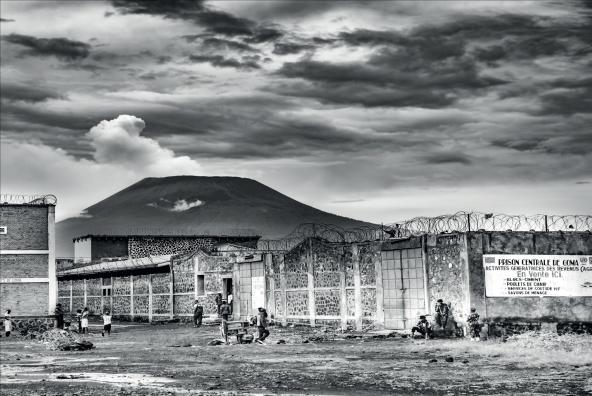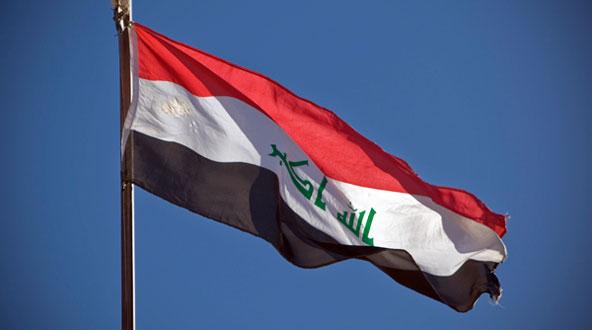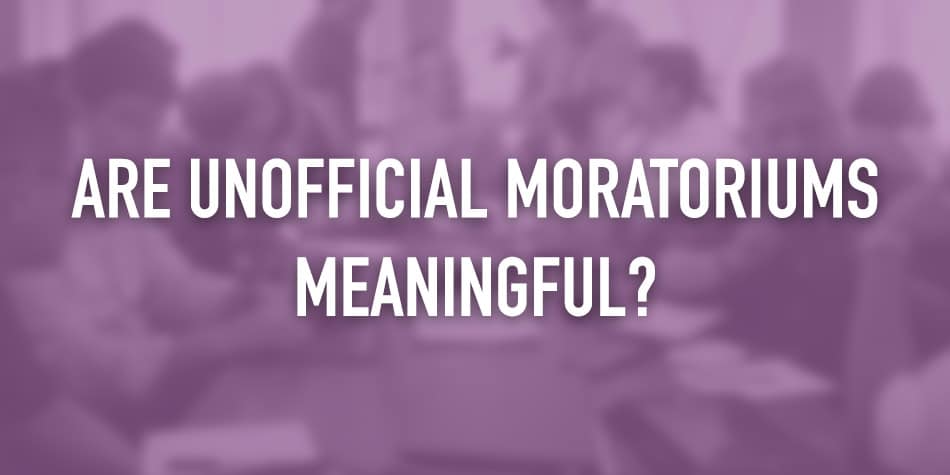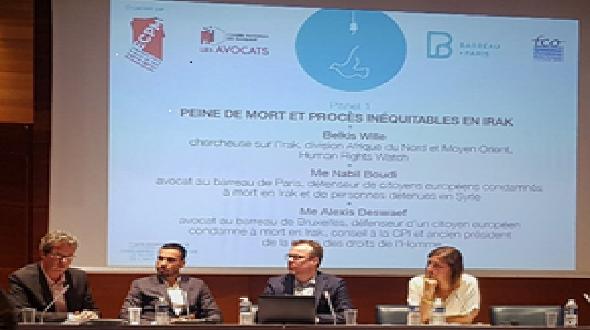Abolitionists block Nigerian executions
Within a few days, Nigerian human rights organizations have made two successful legal representations and obtained decisions forcing the West African country’s federal and provincial governments to suspend plans for the mass execution of death row prisoners.
The Nigerian NGO, Socio-economic Rights and Accountability Project (SERAP), said on July 6 that it had obtained an order from the African Commission on Human and Peoples’ Rights (ACHPR) to suspend executions in Nigeria.
ACHPR is the African Union’s human rights watchdog. According to SERAP, the chairperson of the ACHPR working group on the death penalty, Sylvie Kayitesi Zainabo issued a decision and urgent appeal to Nigerian president Goodluck Jonathan (photo) forbidding the country to carry out any executions while ACHPR examines the NGO’s communication.
African Charter violation
In its communication on behalf of the country’s more than 800 death row inmates, SERAP argued that their execution would be a violation of the African Charter on Human and Peoples’ Rights, especially their rights “to life; to competent and effective legal representation; to trial within a reasonable time or to a release; to trial by a competent, independent and impartial tribunal established by law; to the presumption of innocence; to appeal to an independent and impartial tribunal, and fair trial guarantees during appeals”.
“We now expect that the Federal government and the state governors will move swiftly to implement the orders by the Commission by suspending any plan to execute the over 870 death row prisoners in the country,” SERAP’s Lawyer Femi Falana said after ACHPR’s decision.
A few days earlier, another Nigerian organization, the Legal Resources Consortium (LRC), had obtained a national court ruling to stop the executions. On June 28, LRC said the Federal High Court had issued an interim injunction barring the federal government and the 36 provincial governors to carry out any executions “pending the hearing and determination of the application on notice for the enforcement of the constitutionally guaranteed rights on the 824 inmates on death row”.
The court specifically referred to a June 15 decision by the “National Economic Council that inmates on death row in prisons across the country be immediately executed as a way of decongesting the prisons in Nigeria”, LRC said in a statement. According to Nigeria’s minister of interior, the total prison population is 46,000, of which some 30,000 are awaiting trial.
“Many death row prisoners may be innocent”
The decision to carry out mass executions to free up room in prisons – a fresh statement of a policy already discussed in March – met with strong opposition from human rights defenders.
On June 25, LRC and SERAP, together with World Coalition members Amnesty International, Human Rights Watch, HURILAWS, Nigerian Humanist Movement and other Nigerian organisations, issued a joint statement in which they wrote: “Instead of executing prisoners, the Nigerian authorities should address underlying problems in the criminal justice system. The overcrowding is in part due to delays in trials and failure to provide enough lawyers. Many death row prisoners may be innocent, as Nigeria’s justice system is riddled with flaws and is unable to guarantee fair trials.”
The signatories added that trials could take up to ten years to complete in Nigeria and called on the government to establish an official moratorium on executions.
While the ACHPR and Federal Court orders are provisional, Nigerian abolitionists are also seeking long-term abolition. Participants to a July 7 public hearing on a criminal law reform bill in the state of Lagos encouraged the repeal of the death penalty. However, abolitionists know they face strong opposition: the same week, a Senate committee recommended the introduction of capital punishment for terrorists.







